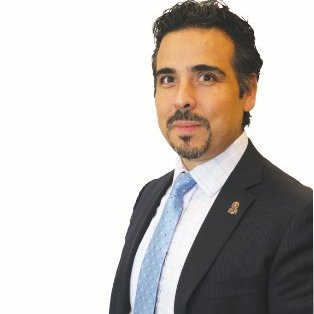Panama presents a lot of opportunities for U.S. companies interested in investing in the nation’s rapidly growing economy, which has been averaging about 8.5% annual growth for the past several years. But companies looking to do business in Panama have to be aware of the potential pitfalls, says John Coronado, counselor for commercial affairs with the U.S. Embassy in Panama.
“If you are going to do business here know your partner, do your due diligence and make sure you have someone vetting the contract you’re signing,” Coronado advised a group of south Louisiana business, civic and political leaders on a Super Region Canvas trip to the Latin American nation-state. “You have to know who you are going to do business with. You want to make sure you aren’t exposing yourself unnecessarily.”
Coronado’s talk to the group was one of nearly a dozen scheduled during the four-day trip to a country that shares many parallels with south Louisiana. Panama’s population at 3.8 million is larger than the super region’s nearly 2.5 million, but its unemployment rate and the size of its labor force are comparable. The country also has a largely service-based economy, much like New Orleans.
Like south Louisiana, Panama’s major problems are failing public schools, lack of a qualified workforce and an aging infrastructure that is insufficient to meet the needs of a growing population. The nation-state also has a huge economic disparity—which is evident even in the heart of the capital, Panama City, where blighted buildings abut gleaming new skyscrapers.
In an effort to diversify its economy, Panamanian leaders have begun to focus on the “creative economy,” which generates economic development through investments in the arts, film industry and food and music festivals.
For canvas participants, the takeaway from the lectures and seminars is as much about how Panama is addressing its problems as it is about trade opportunities for Louisiana businesses.
“There is a lot we can learn about how they are trying to grow their economy and also about how they are grappling with some of the issues we have,” says Ann Trappey, president of Forte & Tablada.
